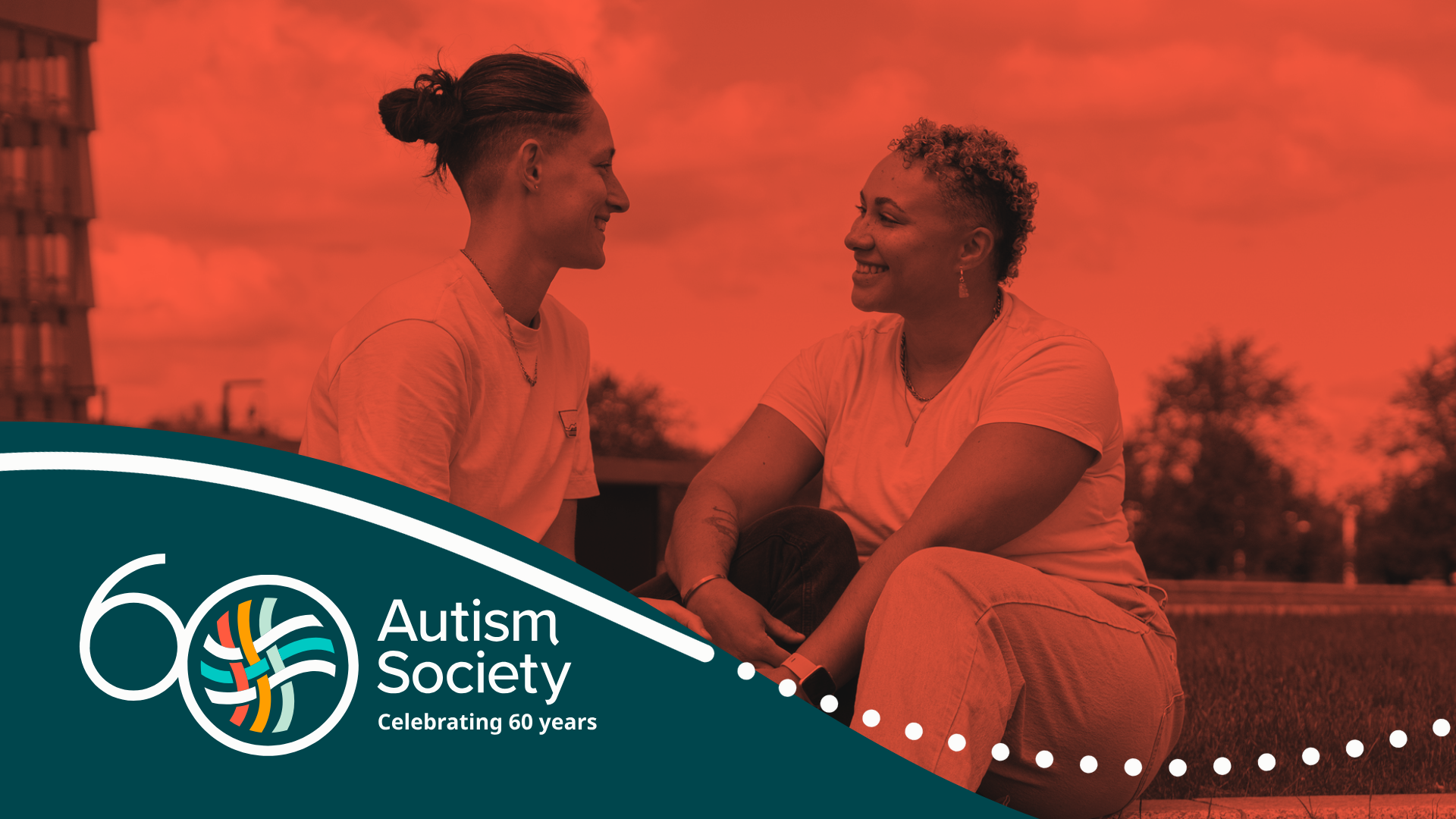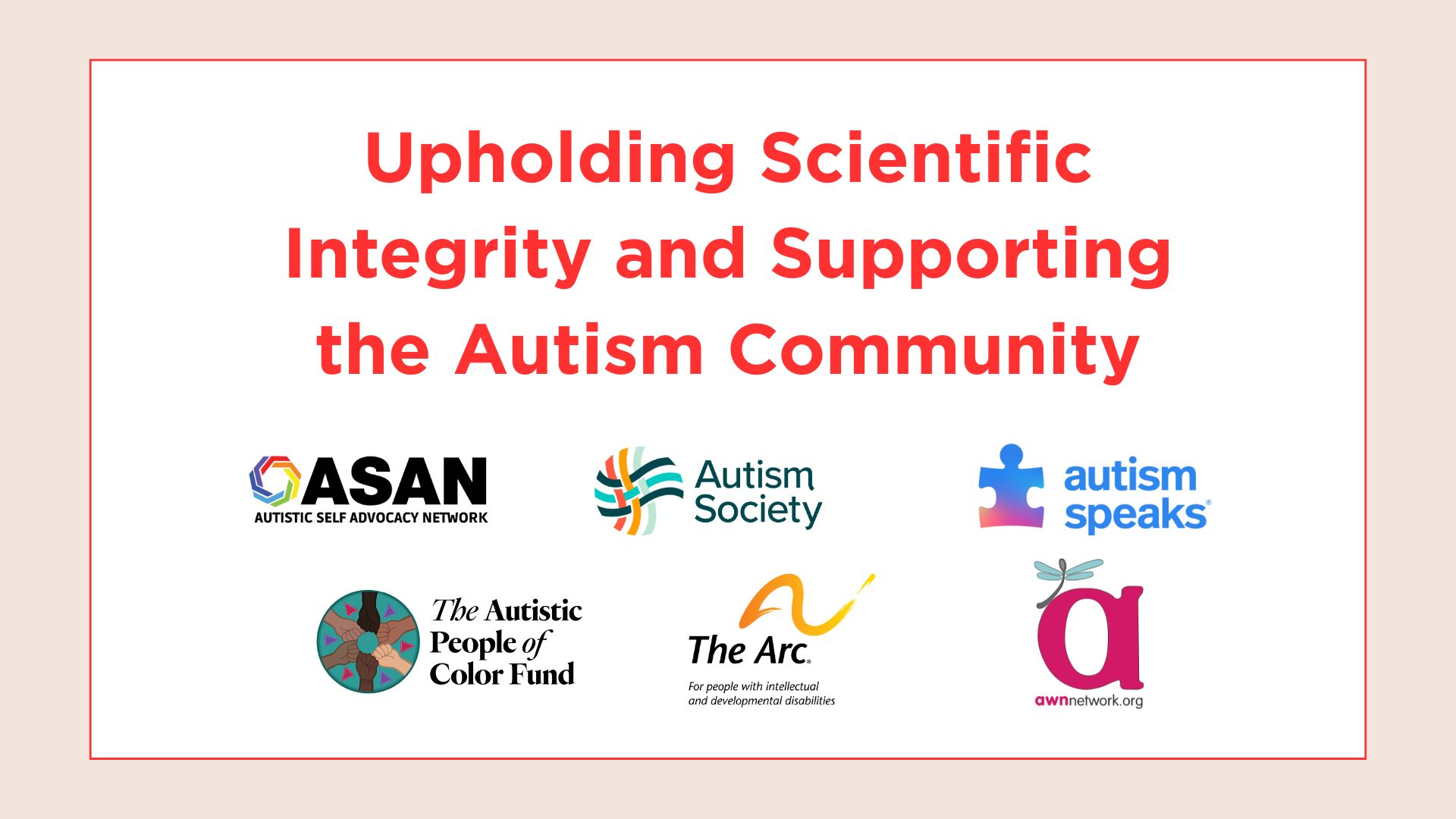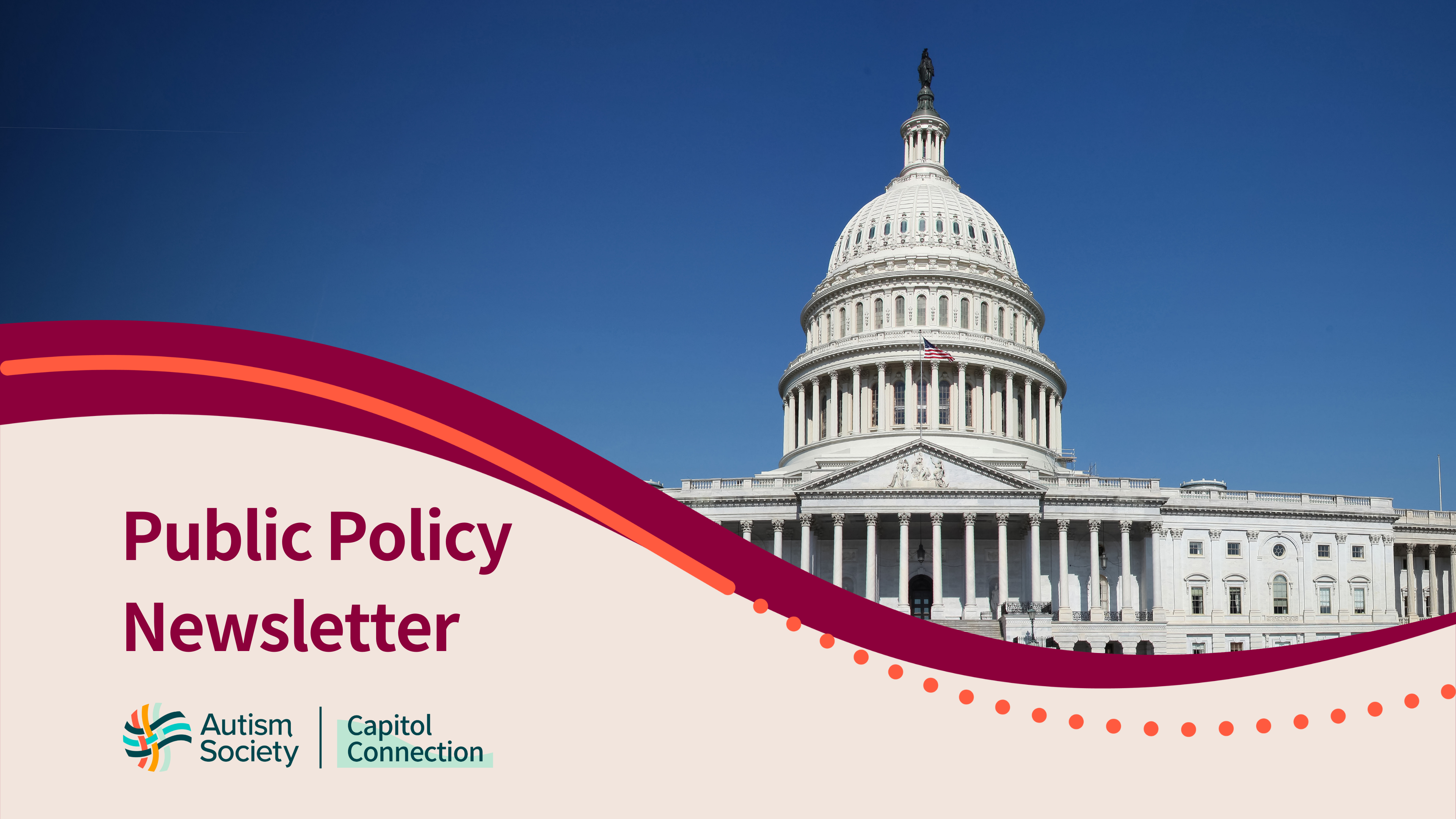
In this issue of Capitol Connection, find updates on action in the final weeks of the lame-duck session of Congress including budget negotiations, talks about Medicaid cuts, Autism CARES Act reauthorization, workforce bill changes, and notices of proposed rulemaking and guidance documents from the Biden Administration.
FY 25 Budget
We are only two weeks away from the next deadline for Congress to pass another continuing resolution (CR) to fund government programs and avoid a government shutdown. We are advocating for the passage of a clean CR with no policy amendments.
FY 26 Budget and Medicaid
We are also gearing up for the new Congress. Congressional leaders are already planning to introduce a budget resolution very early in the new 119th Congress. The new Congress is very likely to use the budget to incorporate reconciliation instructions to make cuts to Medicaid and other discretionary programs that support people with Autism in education, employment, housing, and other supports. Congress could make cuts to Medicaid in multiple ways. Any cuts to Medicaid will hurt people with Autism and other disabilities who depend on this program for health and long-term services. The Autism Society sent an action alert on Tuesday urging affiliates and allies to begin educating members of Congress about how Medicaid impacts their lives. In addition, the Center for American Progress developed a toolkit on how budget reconciliation works.
Autism CARES
There is just one more step for the Autism CARES Act (HR 7213) to become law. The Senate passed the bill in November. The law was extended in the continuing resolution to December 20. Due to the date change, the House must pass the bill again. The House leadership placed the final bill on the suspension calendar for the week of December 16. We know that President Biden is prepared to sign the bill into law. Stay tuned and thanks to the many of you who responded to our action alerts and educated Members of Congress!
WIOA Compromise
The House Education and Workforce Committee and the Senate Health, Education, Labor, and Pension Committee reached a deal on a package to reauthorize the Workforce Innovation and Opportunity Act (WIOA). This law was last reauthorized in 2014. WIOA is a landmark law to strengthen the workforce, particularly for transition-aged youth and those with significant barriers to employment. The Senate is trying to fast track the bill through unanimous consent before going to the House for final passage. The compromise package includes several provisions that will positively impact the disability community. See highlights from Representative Bobby Scott’s (D-VA) office below.
- Section 116 includes suggestions for specific standing committees that local workforce boards can convene, including a focus on disability employment.
- Section 143 expands the list of statewide allowable activities to include supporting employers in states seeking to implement skills-based hiring practices, developing partnerships between educational institutions and employers to create or improve workforce development programs, and improving service delivery and training opportunities through apprenticeships, industry or sector partnerships, and innovative and accessible programs such as universal design for learning and comprehensive transition and postsecondary programs for individuals with disabilities.
- Section 174. Evaluations and Research amends Section 169 of WIOA to limit the Secretary’s authority to conduct evaluations of other programs if the required evaluations under this section have not been completed. It strikes the required or allowable studies that have already been completed and includes new studies on the employment conditions for participants after program exit; improving workforce services for individuals with disabilities.
Electric Shocks
The Autism Society signed a letter led by the Autistic Self Advocacy Network urging the Food and Drug Administration (FDA) to finalize its rulemaking regarding the ban on the use of electrical stimulation devices (ESDs) to treat self-injurious or aggressive behavior. The FDA published this proposed rule in March and the Autism Society submitted comments of support in May.
NPRM on Subminimum Wages
The Department of Labor released a notice of proposed rulemaking (NPRM) to phase out the use of 14(c) certificates that allow employers to pay subminimum wages to individuals with disabilities. The proposed rule would be a moratorium on new certificates, meaning no new certificates would be granted, as well as a 3-year phase-out of all current certificates. Comments are due January 17, and the Department of Labor is hoping to receive comments with responses to a few specific questions. The Autism Society is preparing comments. See this guide from the Center for American Progress to help submit your own comments.
New ED Guidance on Technology in Schools
The U.S. Department of Education’s Office of Educational Technology released a playbook to help school districts as they develop or revise their policies on the use of personal devices and other technology in school. This report comes after many states have started banning the use of personal devices, such as cell phones, in schools. The report highlights how for some students with disabilities, their use of personal devices is necessary to ensure they have equal access to educational opportunities.
New Guidance on FBAs in Schools
The U.S. Department of Education also released new guidance entitled Using Functional Behavioral Assessments to Create Supportive Learning Environments. This guidance aims to assist schools and early childhood programs to better address students’ behavioral needs. It emphasizes evidence-based practices to support all students, with or without disabilities, whose behavior hinders learning and is part of the Department’s initiative to reduce exclusionary discipline. The guidance offers educators and families valuable information, tools, and resources to promote the use of Functional Behavioral Assessments (FBAs) and behavioral plans for all students. It outlines the FBA process, discusses common features of FBAs and behavioral plans, shows how FBAs can inform teaching strategies, presents key principles for effective development and implementation, highlights federal funding opportunities for educator training on FBAs, and provides technical assistance to support successful implementation.
State Advocacy
ACL Respite State Awards
The Administration for Community Living (ACL) announced new awards to states to implement the National Strategy to Support Family Caregivers. For respite care, ACL awarded Alabama, Montana, New Mexico, New York, Oklahoma, Tennessee, Virginia, and Wisconsin over one million dollars for innovative programs to support caregivers. Additional grants include support to direct support workers and older adults. See more in the ACL press release.
Community Living Database
The Community Living Policy Center at Brandeis University released a new community living dashboard that provides key data state by state on the long-term services and supports. This dashboard breaks down the data by institution versus home and community-based services (HCBS), as well as by race, gender, age, language, poverty status, and rural areas. This data can be extremely helpful for state advocates.
Maine settlement
The U.S. Department of Justice and the state of Maine announced a settlement agreement to resolve its lawsuit alleging that Maine violates Title II of the Americans with Disabilities Act (ADA) and the Supreme Court’s decision in Olmstead v. L.C. by unnecessarily segregating children with behavioral health disabilities in psychiatric hospitals, residential facilities and a state-operated juvenile detention facility. In the agreement, the state of Maine proposes to improve their services in the community for children with behavioral health disabilities. This includes moving children out of institutions and into their homes, provide children with care coordination, address shortages of community service provides and payment rates, improve oversight of community providers, and provide prompt mobile crisis interventions.
Fond Farewell
Capitol Connection bids farewell and best wishes to Kim Musheno. For the past seven years, Kim has worked tirelessly to advocate for the Autism community and other in the IDD community. Kim will be continue to serve this with Intellectual Development Disabilities including Autism as the Senior Director of Medicaid Policy at The Arc of the United States.
Thank you, Kim for all you have done for us of us!
Share:





